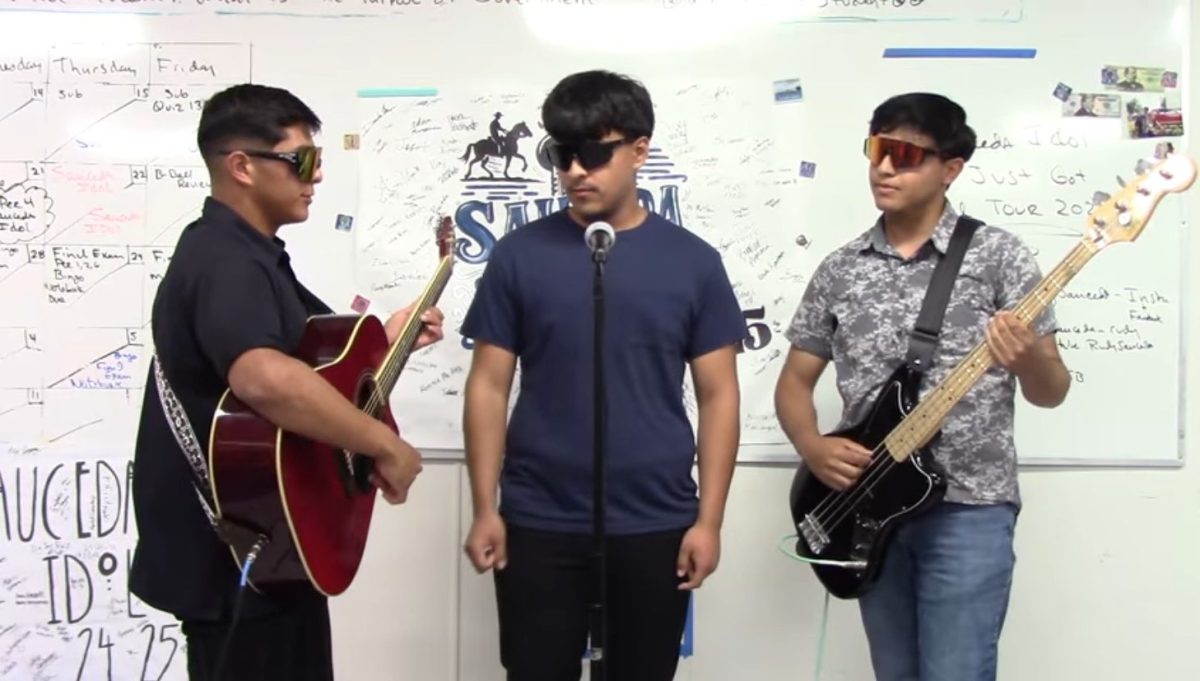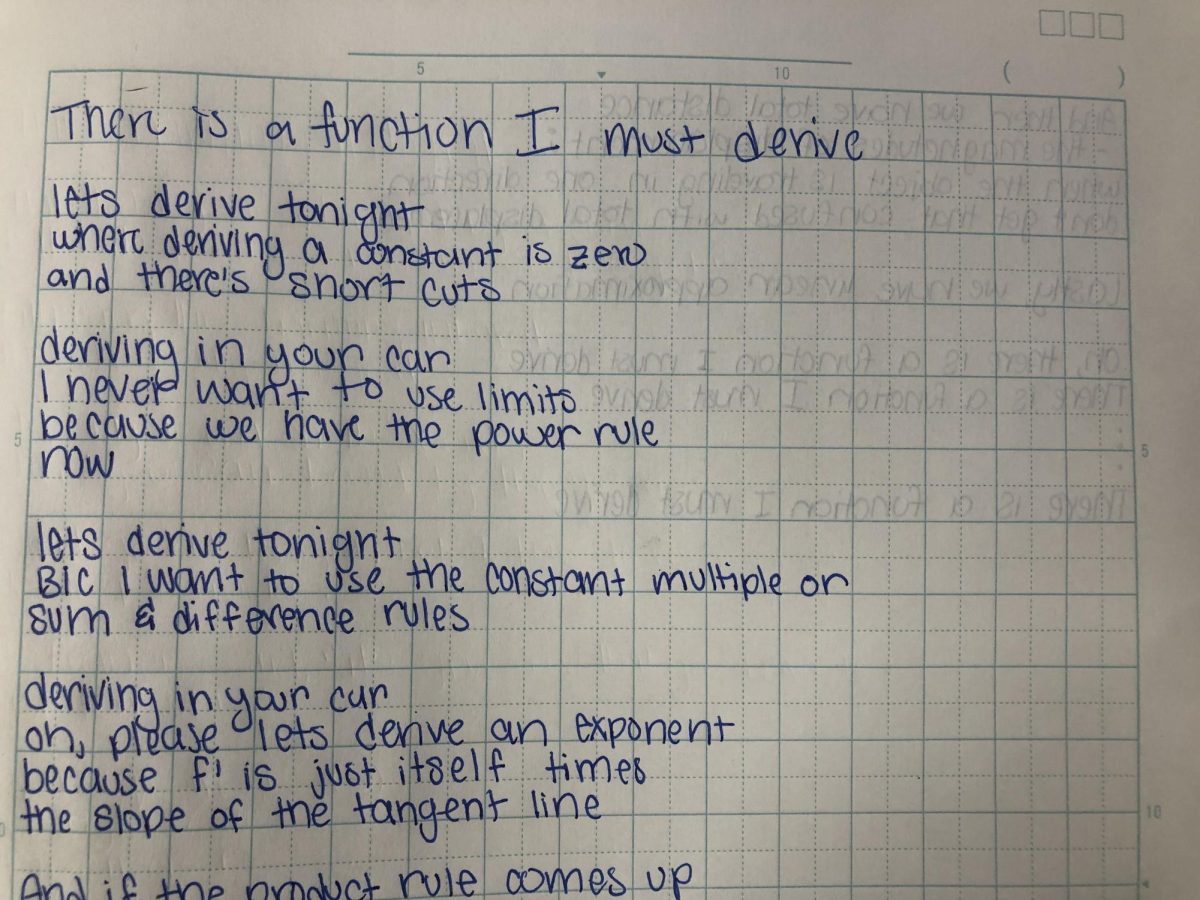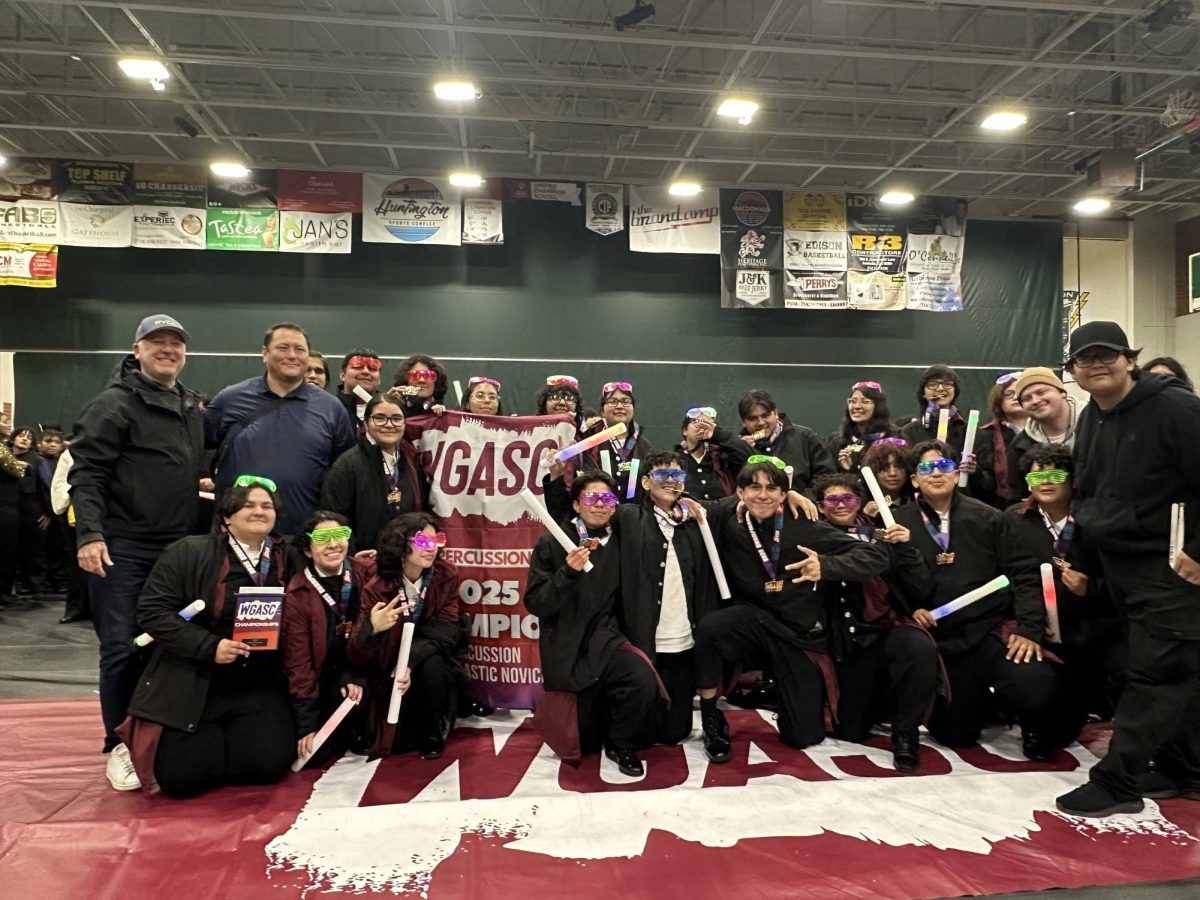Senior year is considered one of the most important times in a high schooler’s life, as it becomes time to prepare for the future and celebrate surviving every year of high school so far.
For many students, senior year is affected by something most like to call “senioritis”.
But what is senioritis? Senioritis is a word that students and school staff use to describe a change for students in their final year that causes them to lose motivation to do schoolwork or procrastinate. It is not an official medical condition or anything, but it is common among the student population before going to college or work after graduating.
How do we know if someone is experiencing senioritis? These are some symptoms students may have:
- Loss of motivation: Students might lose interest in doing things they enjoyed before.
- Procrastination: Students might take a long time to finish assignments.
- Daydreaming about the future: Students sometimes worry more about life after high school, which distracts them from their current responsibilities.
- Absence: It is possible that people might miss school more often, physically and mentally checking out.
Students experience senioritis for many reasons, as there is much to be concerned about at this stage.
At this point, seniors have been in school for the majority of their lives and can feel exhausted because of it. Also, some seniors feel like their work isn’t as important because they are going to graduate soon. Peers also influence their feelings, allowing them to slip academically when they surround themselves with others who are unmotivated.
Senioritis does have its consequences though.
Slacking during senior year can cause grades to drop, which in hand affects scholarship opportunities, college applications, and admissions.
Bad academic habits that developed from senioritis can also carry over to college or work which can lead to worse struggles.
After graduating, students might look back on senior year regretting that they procrastinated and didn’t take advantage of their opportunities in their last year of high school.
Not to worry though, while senioritis is common among students, it isn’t hard to fight. Some strategies that can help students to manage it include:
- Short-term goals: Students can break down responsibilities into smaller goals to make it easier to manage and stay motivated.
- Staying organized: Things like planners or apps can be helpful with managing time properly and keeping track of assignments.
- Remember to balance rest and responsibilities: Students should not be working themselves to exhaustion, so it is important to relax while still having time to focus on school.
For many students, senioritis is just a natural part of high school, but it does not need to change senior year entirely. Knowing about senioritis and its causes and strategies to fight it off helps students finish high school strong and helps them reach success in the long run. Teachers, parents, and staff are also important in supporting students because they lead as role models and have the experience themselves.









